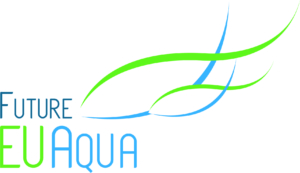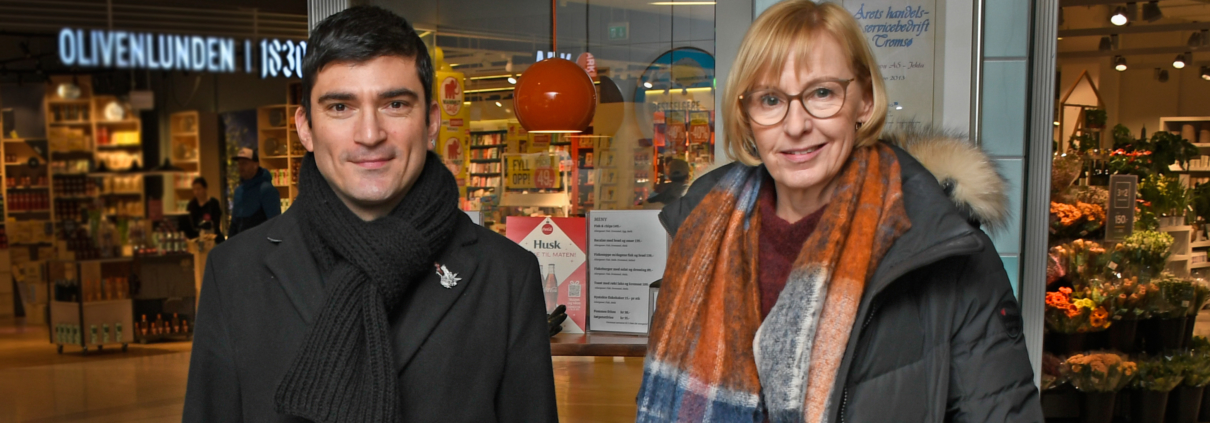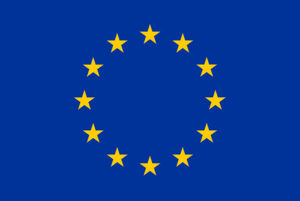British men more negative towards aquaculture, according to FutureEUAqua study
Young men from the UK are more negative towards aquaculture, according to a recent consumer study conducted across five European countries. They were also among those with the least knowledge about aquaculture.
“Young people between the ages of 18 and 34 eat the least fish and have the most negative perceptions about aquaculture. Therefore, it is most interesting for us to reach this target group with more information,” says Pirjo Honkanen. She is the director for market research at Nofima, the Norwegian Institute of Food, Fisheries and Aquaculture research.
2500 randomly selected people from the United Kingdom, Italy, Spain, France and Germany answered an online survey last year. This autumn, another 500 people from each of the five countries will be surveyed to assess whether information campaigns in social media affect the level of knowledge.
“Sustainability is the focus of the entire project. Producers are investing in order to make seafood production more sustainable, and then there is the question of whether consumers are aware of this and acknowledge it. It will be very exciting to check whether the knowledge, attention and acceptance of aquaculture increases during this project”, says Pirjo Honkanen.
Information campaign
The consumer study is part of the project called FutureEUAqua, where research is conducted on everything from genetics, feed development, process development and packaging, to consumer studies. FutureEUAqua receives funding from the EU’s Horizon 2020 research programme.
An aim of the project is to increase the knowledge and awareness of how seafood production takes place, especially fish farming. The results from the consumer study will therefore input to an information campaign directed at European citizens.
“We asked the respondents to rank where they would prefer to receive such messages, and in what form. Based on the answers we received, we are going to concentrate our communication around social media, especially Instagram and Twitter,” says senior researcher Themis Altintzoglou.
Four methods
European citizens will, for instance, learn about four methods of aquaculture:
- Conventional farming, which accounts for the vast majority of production.
- Organic farming, where, for example, there are strict regulations regarding the number of fish permitted in the net pens, feed and the use of medication.
- RAS – Recirculating aquaculture systems – basically onshore facilities that are completely closed and emissions are cleaned.
- IMTA – Integrated Multi-Trophic Aquaculture. These are facilities that hold several species at the same time which can utilise each other’s waste materials. For example, mussels, seaweed and kelp in addition to salmon. In theory, this is a natural way to produce fish, but such facilities are very few since it is difficult to obtain permits allowing several species to be kept together in farming.
The project will develop campaigns in the form of short videos that will be posted on social media in the different countries. The posts will guide the audience to a website containing more information.
“Our goal is to be more transparent about the topic and inform, not to sell. The website will present easy-to-read and understandable information based on research from the project. In addition, they will also be able to access the more detailed reports. We hope to inspire the consumer to seek more knowledge about the subject,” says Themis Altintzoglou.




